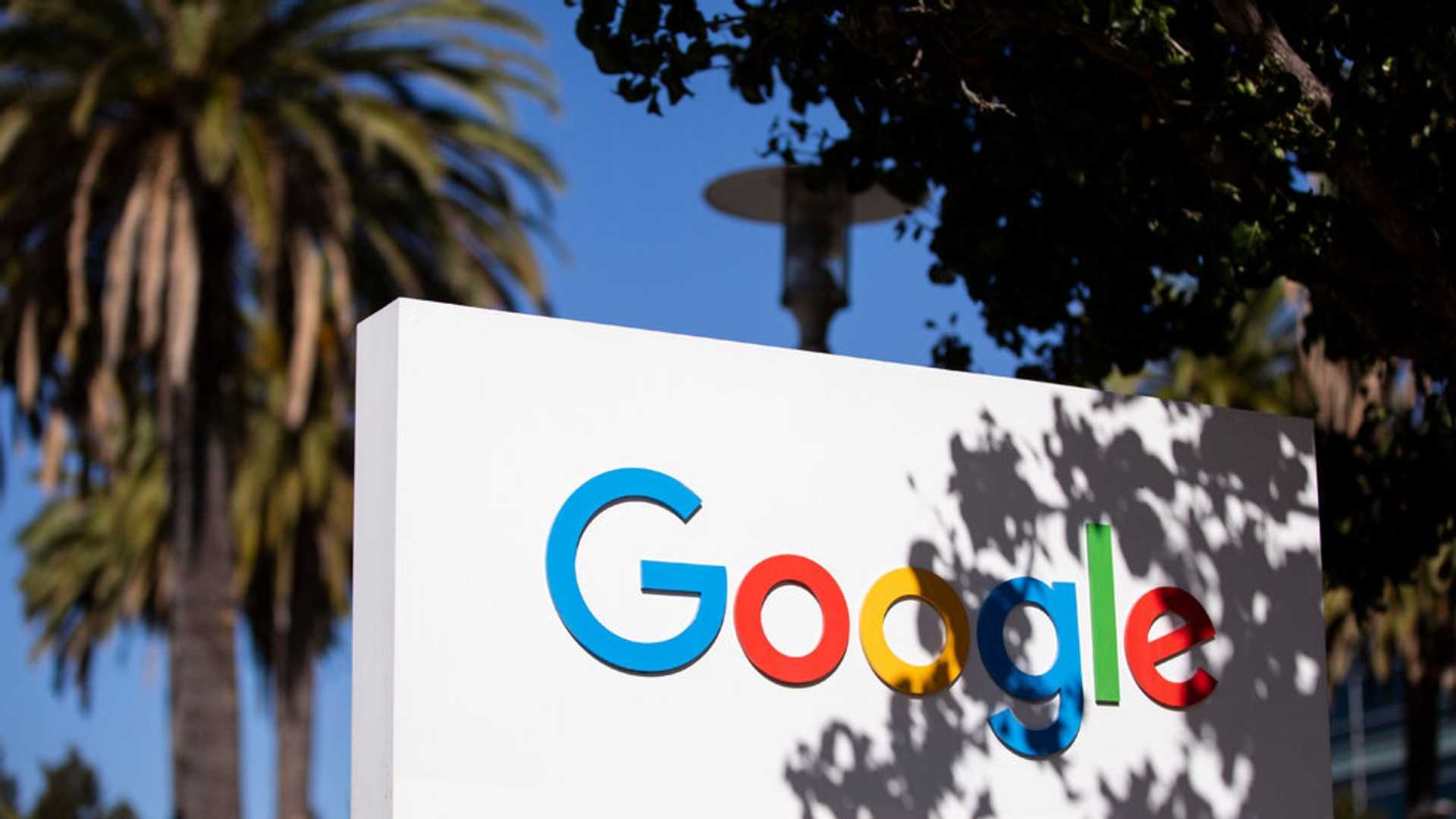Google Devising Radical Search Changes to Beat Back AI Rivals
Google is in the process of deploying a flurry of projects to protect its search business. It includes updates to the current search engine and plans for an all-new one, loaded with artificial intelligence capabilities, that could match up with rival search engines like Bing.
Google's search business, which generated revenue worth $162 billion last year, is under threat from AI-powered competitors like Bing. OpenAI, a San Francisco start-up working with Microsoft, demonstrated a chatbot called ChatGPT in November that has sent ripples of fear through the Google team. As a response, Google created a task force in its search division to begin developing AI products. Now, Google is working to build an all-new search engine powered by AI technology and is upgrading the existing one with AI features.
The new features, developed under the project name Magi, are being created by Google's designers, engineers, and executives. The project aims to provide users with a far more personalised experience than the current service. Google wants its AI-powered search engine to anticipate users’ needs. The technology behemoth plans to add features to the existing search engine through the Magi project before rebuilding the search engine entirely.
Google has been alarmed since Samsung, one of its largest customers, was considering replacing Google with Bing as the default search engine on its devices. A search engine contract with Samsung, worth an estimated $3 billion a year, is currently under negotiation. That has prompted Google to take the threat from AI-powered competitors seriously.
The new search engine would learn what users want to know based on their search queries when they begin using it. And it will offer lists of preselected options for objects to buy, information to research, and other information. The planned search additions could also answer questions about software coding and write code based on a user’s request.
The new search engine will feature ads on results pages, a critical revenue stream for Google. Google plans to release Magi's features to a maximum of one million people initially. That number should progressively increase to 30 million by year-end. Google has also explored efforts to let people use Google Earth's mapping technology with help from AI and search for music through a conversation with a chatbot.




















